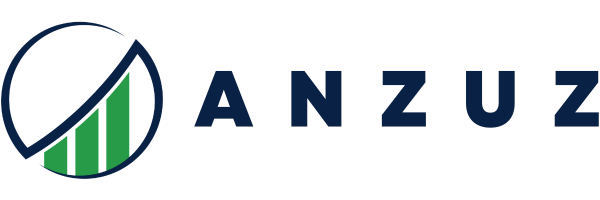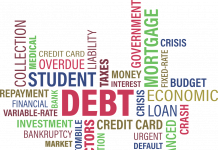Borrowing money is a part of life. Even the richest people in the world still carry with them some amount of debt. In fact, huge corporations even have debt. However, not all debt is acceptable and it is important to stay away from a bad loan.
Debt should be categorized, no matter where you stand. There are good debts and bad debts. The bad debts are mainly the ones you don't invest with, yet you have to pay them either way. Still, there are some borrowing habits that can be classified as bad too.
The bad borrowing habits are the ones that leave you with huge debt and no clear way of paying them. Then, there are some good borrowing habits. Below, you'll find the ones that can help you not fall deeper into debt.
Keep Business And Personal Debt Separate
One mistake you don't want to make when it comes to debt is getting your debt mixed up. All your debts need to be separated as you likely have both business and personal debt. This is for several reasons.
One, your business debt should be paid off by the proceeds of the business. In fact, in your books, debt should have a separate line that runs toe to toe with expenses. It shouldn't be considered to be something you pay with the profit you make.
A business debt should be given its fair share of priority. When it comes to personal debts, now this is where you can take out some money from your earnings to pay your debt. Getting the two debts mixed up will likely make your company crumble since you won't have a clear picture of what's going on with your finances.
Don't Overextend Yourself For Education
Education debt is one of the debts, other than investments, that is considered to be a good debt. With an education, you can eventually get a job and start paying that loan. The average student loan payment is around $300 a month. With a good job, that is very manageable.
But that is usually for basic college education, maybe just a degree in most cases. So, what about if you want to further pursue your education. You still can do that, but don't take any more debt.
For example, you just got a new job and are currently financing your 'degree loan.' Why take on any more debt to get a master's or more? That wouldn't be wise since there's no rush and you already have a job. If you're looking at it as part of trying to get a promotion, that also isn't assured.
So, instead of overextending yourself through loans, see if you can get a grant or your employer to help pay for your education.
Set A Debt Deadline
Quite crucially to your debt is setting a deadline to pay it off. If not, you'll end up procrastinating and interest will keep on piling up. By setting a deadline, it ensures you have a clear plan to clear your debts. Setting a deadline isn't about setting a timeline to clear the least possible amount, but finishing your debt entirely.
By finishing your entire debt, you're assured that the interest doesn't stack up, unlike when you just clear the least possible amount. Especially when dealing with credit cards, a number of users tend to clear the set monthly minimum rather than clearing the debt in its entirety.
It is said by most financial advisors that revolving debt balances are a cancer to your financial health. Lenders enjoy the interests your debt incurs over time if you don't clear the debt in full.
Conclusion
A little debt is good, but if you don't have the right borrowing habits, you'll fall into huge debts that can be hard to manage in the long run. These are just some of the few borrowing habits that you can use to ensure that you don't fall into bad debts or bad loans.





















